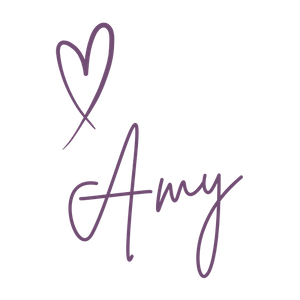Understanding Trauma: Why You Might Not See It
I am always struck by how often clients deny experiencing trauma. I will explain why some may say they have not experienced it, despite evidence to the contrary, while others speak openly about their traumatic experiences.
Trauma Defined
Any disturbing experience that results in significant fear, helplessness, dissociation, confusion, or other disruptive feelings intense enough to have a long-lasting negative effect on a person’s attitudes, behavior, and other aspects of functioning.
Traumatic events include those caused by human behavior (e.g., rape, war, abuse, industrial accidents) as well as by nature (e.g., earthquakes) and often challenge an individual’s view of the world as a just, safe, and predictable place. (American Psychological Association)
Scientists now understand that the more one experiences traumatic events during their critical brain development (before the age of 6) the more likely that trauma impacts how their brain functions. I believe this can be applied and expanded to the age of 18, when we know most of us complete brain development.
Why might someone not realize they have experienced trauma?
This is where things become a little more complicated. There are many reasons people may say they have not experienced traumatic events, I’ll highlight three.
Bio-individuality: Different people (with different brains, nervous systems, etc.) can have different experiences and interpretations of the same event. For example, have you had a sibling, who grew up close in age to you, yet feels differently about what you experienced in your family? Have you spoken to Veterans who faced the same deployment yet had very different recollections of that experience?
Coping Mechanisms: Each of us have our ways of surviving trauma through our complex nervous system and coping mechanisms developed over time. Some may physiologically block the memories (brain protection) and some may remember but choose to use escape mechanisms in the form of distraction ranging from TV to alcohol/chemical dependency, and more.
Generational and Cultural Norms: Rarely do Baby-Boomers answer yes to having experienced trauma while Millennials and Gen Z usually answer, yes. This is mostly due to the increased understanding of mental health and trauma. An important note here is that the more abusive the family/system, the more that family/system gains by convincing the people within it that they are the “problem” or the “crazy one.” Many people have internalized this belief.
Watch this video to understand: 5 Signs You Had a Traumatic Childhood
Types of Traumas I Support Clients in Addressing:
Societal: larger social, community, or societal events—including pandemics, wars, systemic racism, discrimination, and cultural oppression.
Generational: family norms passed to generations through relational patterns, attachment styles, family systems dynamics, and epigenetic mechanisms.
Developmental: when traumatic experiences occur during critical developmental periods. Early exposure to relational harm, caregiver neglect, or emotional abandonment significantly impacts brain development, attachment formation, and emotional regulation capacity.
Complex Trauma: emerges explicitly from interpersonal relationships—often involving betrayal, attachment disruption, and relational violations such as abuse, infidelity and emotional neglect.
An Important Note
If you are experiencing acute trauma from a single, clearly identifiable event, such as a car accident, a natural disaster, or isolated act of violence, there are likely organizations near you that can support your healing through structured interventions such as EMDR. Please dial 988 to speak to someone who can help, 24hrs a day/7days a week.
Final Thoughts
No one will leave this earth without having experienced trauma. Some of us will experience the same trauma differently. Every one of us deserves the support necessary to heal.
I am regularly in awe of the human ability to overcome adversity. I hope you’ll consider healing for yourself, for your children, for our society, and for our world.



